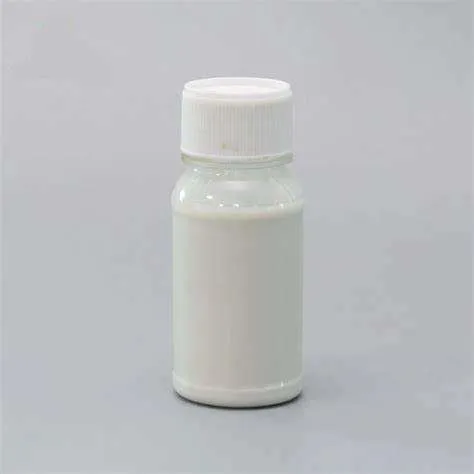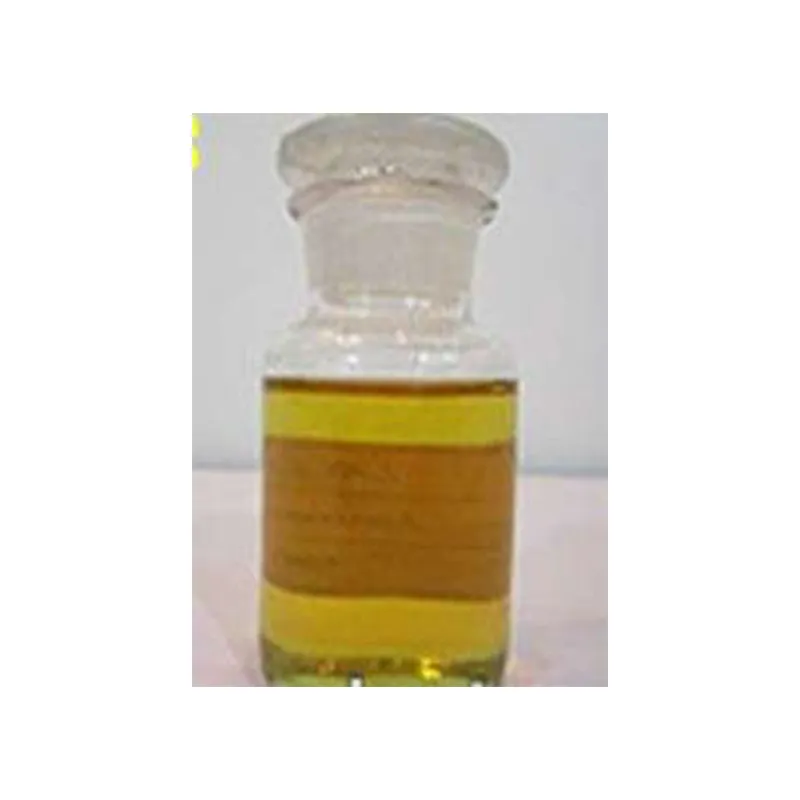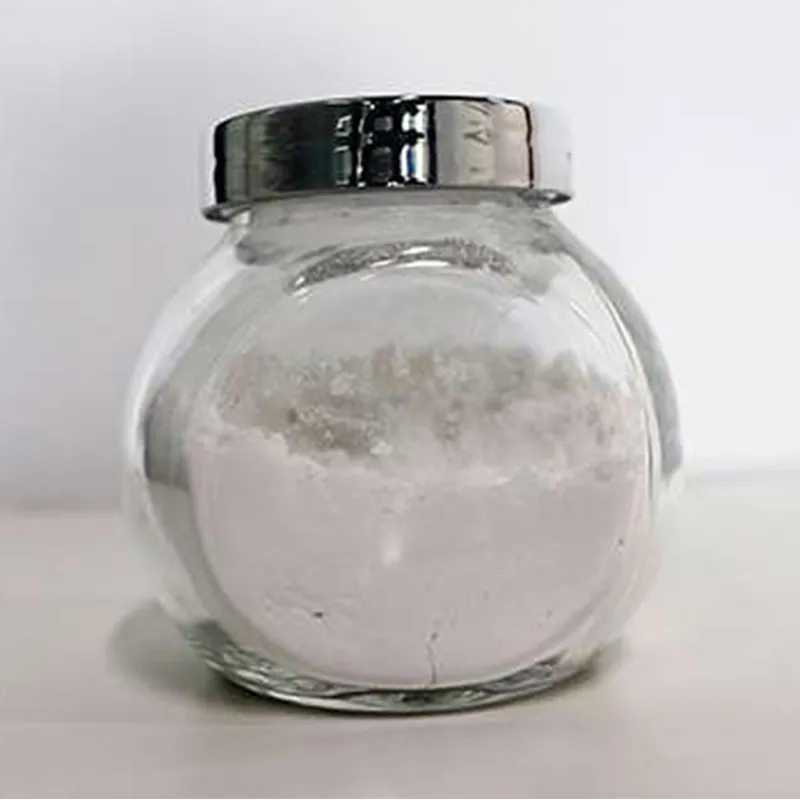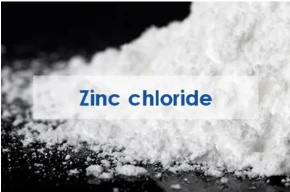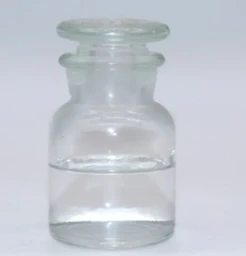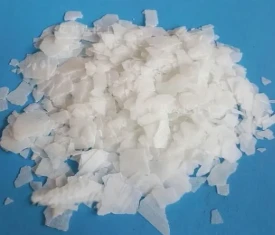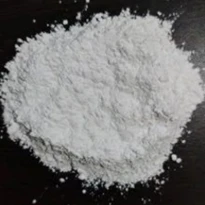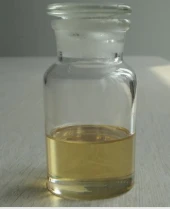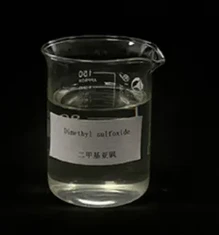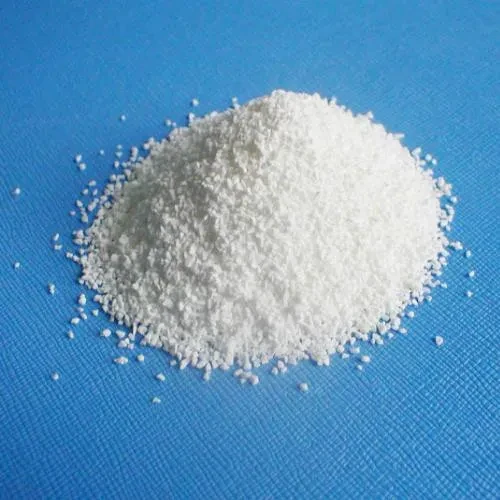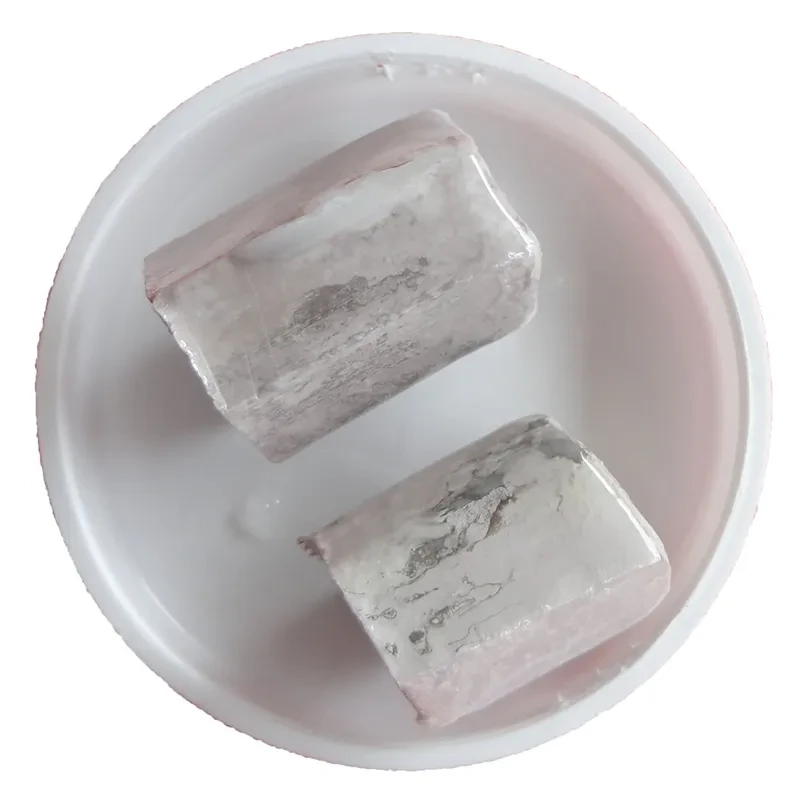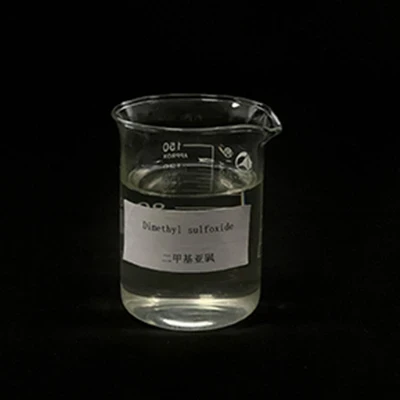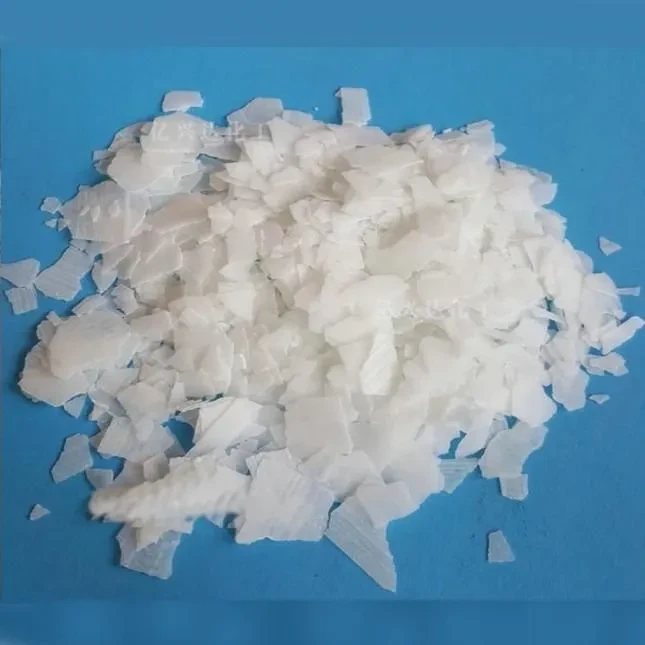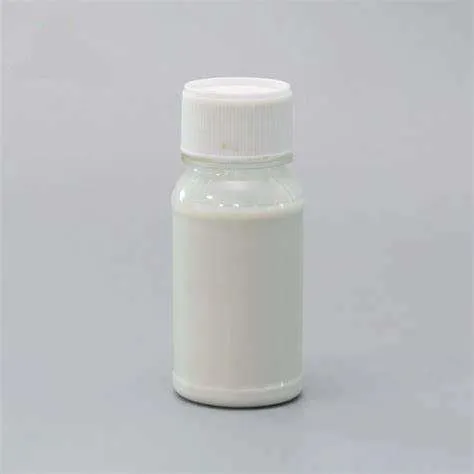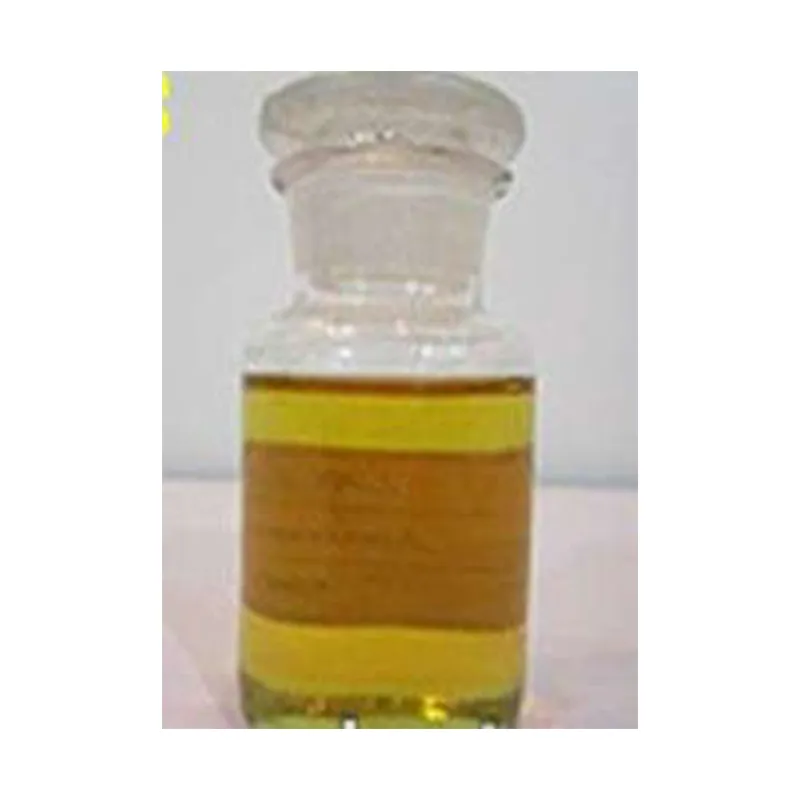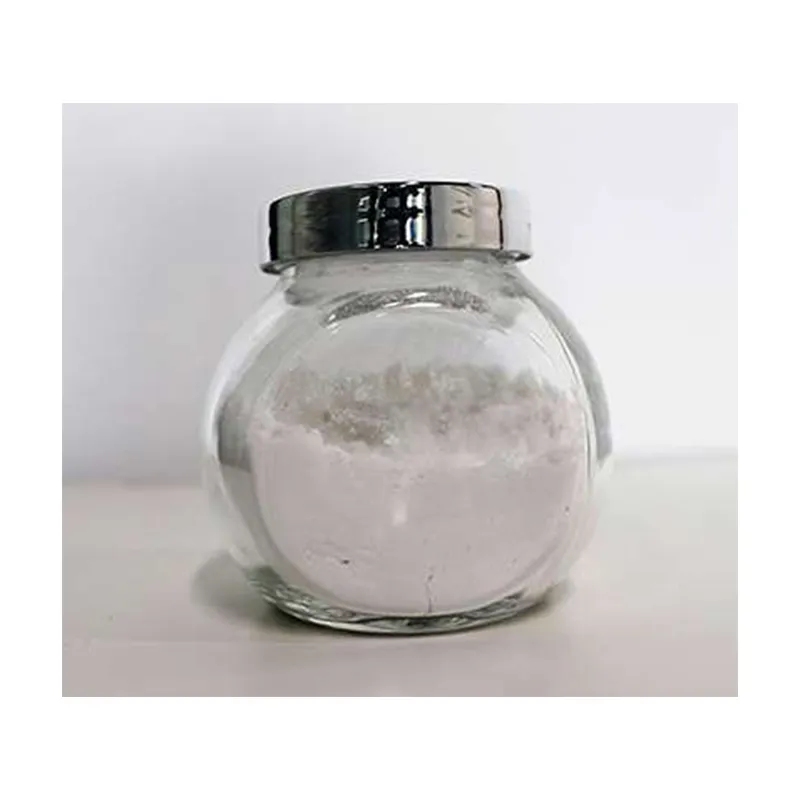CAS-Nr.: 178928-70-6
Molekularformel: C14H15Cl2N3OS
Molekulargewicht: 344,26
|
Schmelzpunkt |
139.1-144.5° |
|
Siedepunkt |
486.7±55.0 °C(Predicted) |
|
Dichte |
1.50±0.1 g/cm3(Predicted) |
|
Lagertemp. |
Inert atmosphere, Room Temperature |
|
Löslichkeit |
DMSO (leicht), Methanol (leicht) |
|
pka |
6,9 (bei 25 °C) |
|
bilden |
Solide |
|
Farbe |
Weiß bis hellgelb |
|
Symbol (GHS) |
|
|
Signalwort |
Warnung |
|
Gefahrencodes |
|
|
RIDDAR |
UN3077 9/PG 3 |
|
HS-Code |
2933998090 |
Prothioconazole is a triazolinethione derivative, which can be used as a fungicide in order to inhibit the activity of demethylase enzyme. It can be used in the treatment of infection in crops like wheat, caused by Mycosphaerella graminicola, a plant-pathogenic fungus.
Prothioconazole is widely used in agriculture as a fungicide. Its purpose in this field is to control fungal diseases in crops such as cereals, fruits, and vegetables. The mechanism of action of Prothioconazole involves inhibiting the biosynthesis of ergosterol, an essential component of fungal cell membranes. By disrupting the production of ergosterol, Prothioconazole effectively prevents the growth and reproduction of fungi, thus protecting crops from fungal infections.
Prothioconazole wird hauptsächlich bei Getreide, Sojabohnen, Ölsaaten, Reis, Erdnüssen, Zuckerrüben und Gemüse eingesetzt und verfügt über ein breites fungizides Wirkungsspektrum. Prothioconazole wirkt hervorragend gegen fast alle Pilzkrankheiten bei Getreide. Prothioconazole kann sowohl als Blattspray als auch zur Saatgutbehandlung eingesetzt werden.



